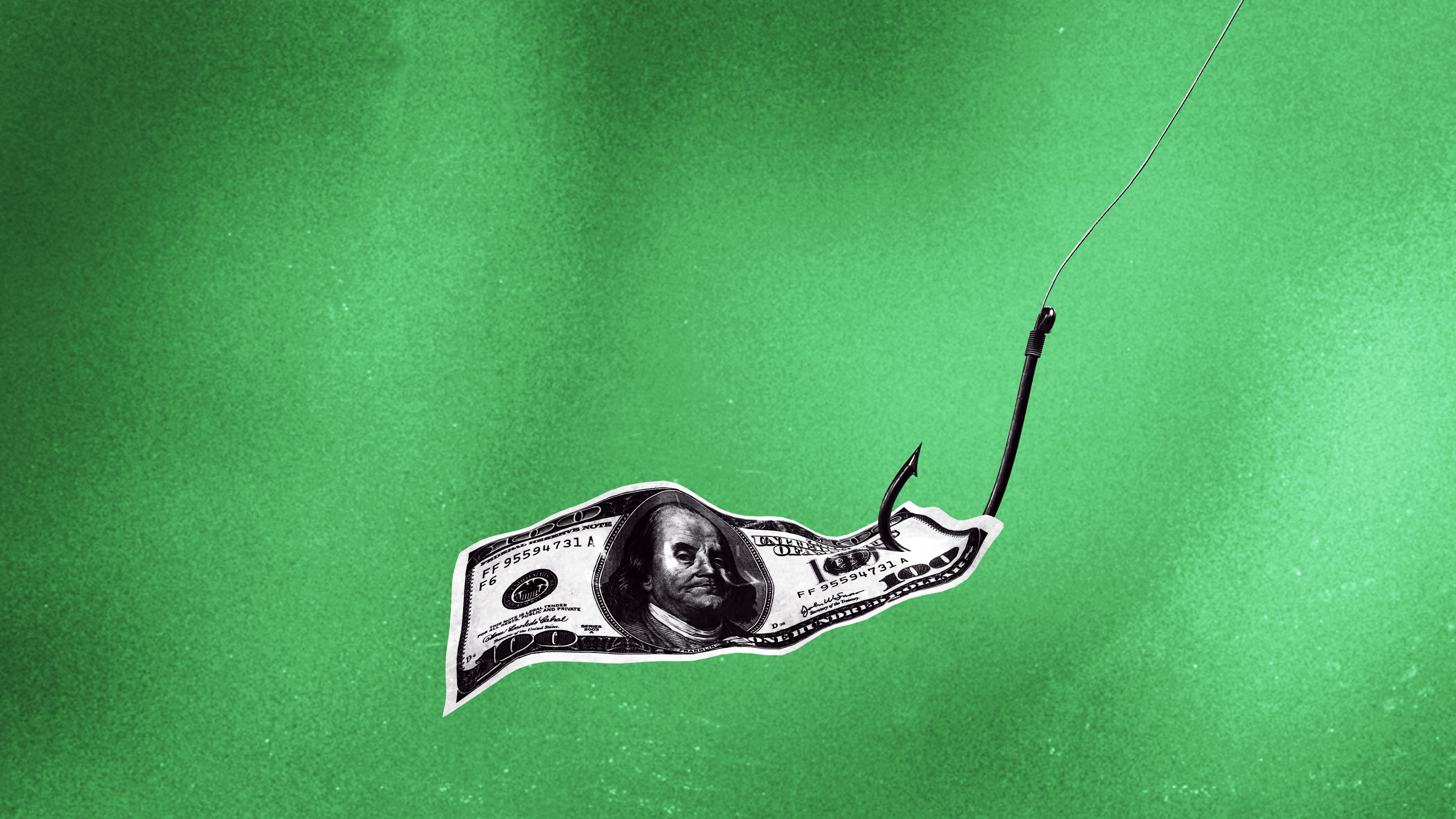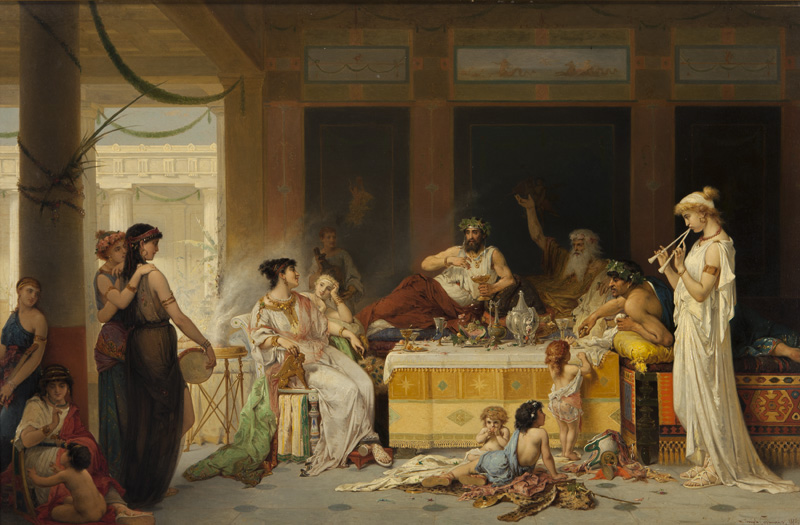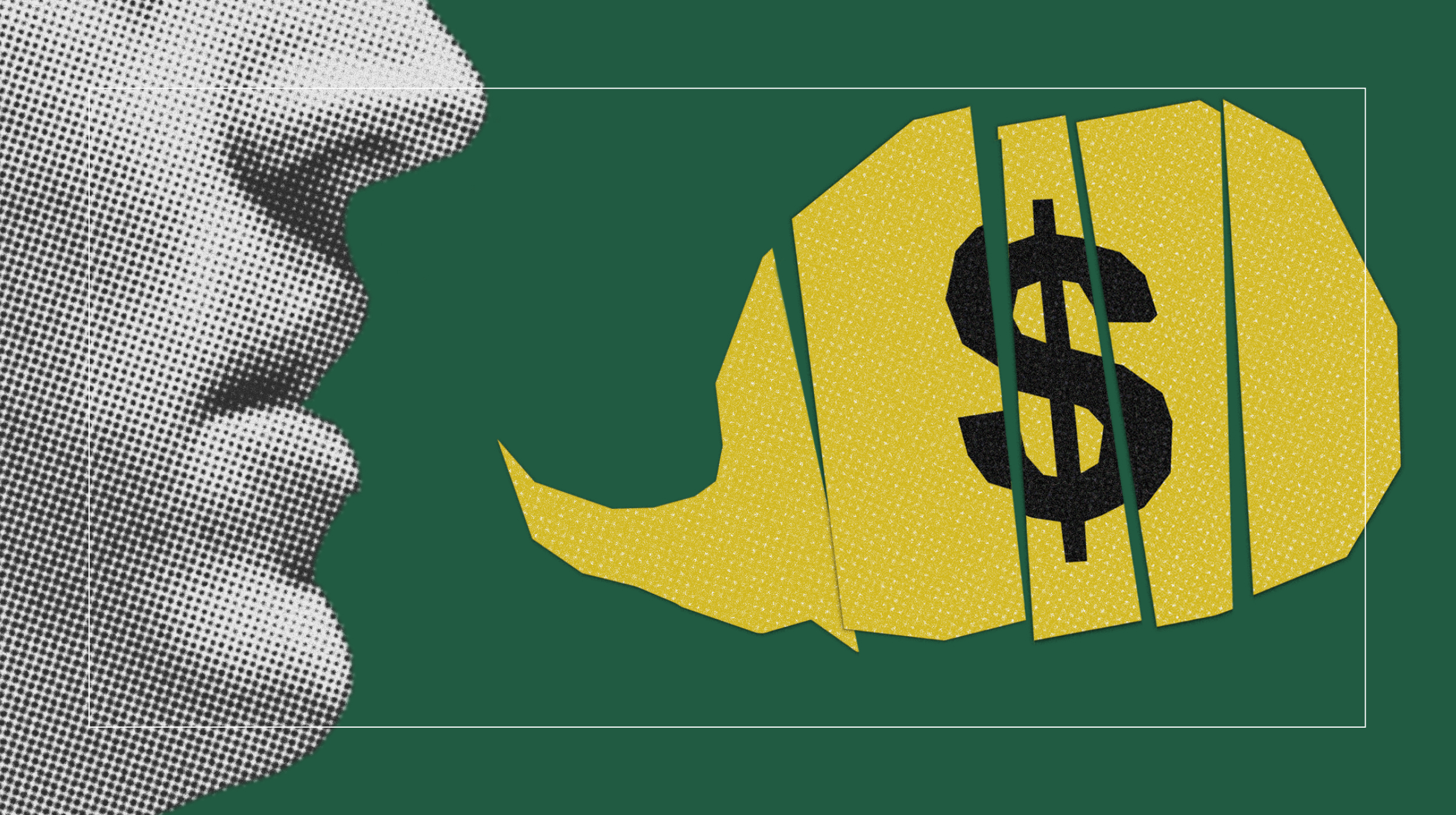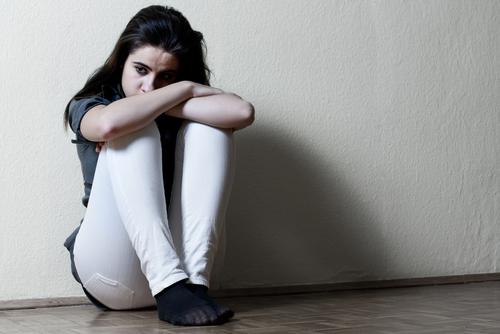Inequality Makes Us Unhappy
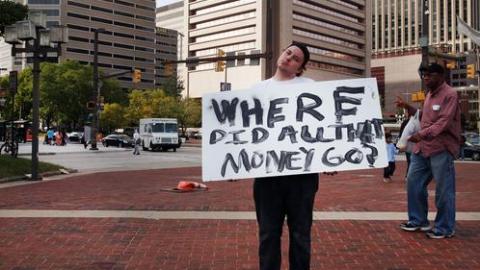
What’s the Latest Development?
A study of happiness levels among Americans from 1972 to 2008 reports that society was more content in times of more equal income distribution. The inverse was also shown, that people were unhappier in times of greater inequality. Researchers say this is because levels of distrust and perceived unfairness increase when large wealth inequality exists without a clear meritocratic reason. In other words, Americans are willing to accept the wealth inequalities that accompany the capitalist economy but only if they are earned fairly.
What’s the Big Idea?
Several scientific studies suggest that a sense of fairness, often expressed through altruism, is rooted in our brain chemistry. One involved two groups of strangers who were given unequal amounts of money. When the group given less money was later given more, those given more money at the start registered a greater feeling of satisfaction than when they had initially received their larger sum. A study of primate behavior revealed that our animal relatives also react strongly against perceived unfairness, throwing cucumbers in protest.

